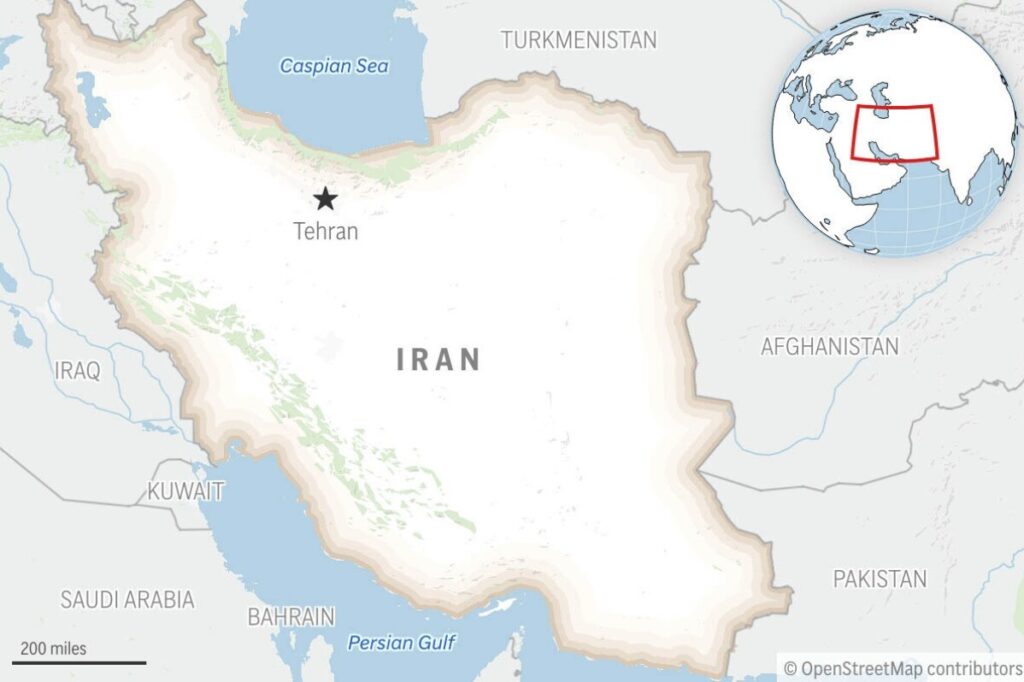Munich Airport Drone Shutdowns Expose Europe’s Vulnerable Borders and Security Gaps
Munich Airport’s forced closures over suspected drone incursions reveal alarming security failures in Europe, highlighting risks that ripple to America’s own borders and airspace.

Germany’s Munich Airport, one of the continent’s busiest hubs, faced two shutdowns within 24 hours due to suspected drone sightings. The disruptions stranded nearly 10,000 passengers and underscore a broader pattern of security lapses across European Union airspace that demand urgent scrutiny.
How Long Will Europe Ignore Its Drone Vulnerability?
Repeated drone incursions above critical infrastructure—from airports in Germany, Norway, and Denmark to military bases in Belgium—signal an escalating threat to national sovereignty and public safety. While authorities scramble for answers, the question remains: who is behind these brazen flights? European officials hint at Russian involvement, but with no concrete evidence, the truth may lie closer to home among myriad bad actors exploiting porous borders and unprepared defenses.
Germany’s Interior Minister Alexander Dobrindt admitted the continent is locked in a “race between drone threat and drone defense,” a race it currently risks losing. This vulnerability serves as a stark warning not only to Europe but also to the United States. As America prioritizes securing its southern border against illegal crossings and drug smuggling, failing to address emerging aerial threats could open new avenues of attack on U.S. soil.
Protecting National Security Means Staying Ahead of Innovation
The drone incursions expose the deficiencies of reliance on globalist security frameworks that often delay decisive action. Unlike Washington bureaucrats who champion open borders under the guise of cooperation, America must champion strong national sovereignty by investing in advanced detection technologies and proactive defense mechanisms.
The impact on ordinary citizens—thousands stranded mid-journey—reflects how government failure trickles down into real economic harm. Delays disrupt commerce and travel at a time when families are already burdened by inflation and uncertainty. Such negligence contradicts America First principles that prioritize protecting families’ freedom of movement and economic well-being.
The lessons from Munich could not be clearer: no nation can afford complacency in guarding its skies or borders. While European leaders meet this weekend discussing “drone defense plans,” American policymakers should take note—strengthening our own airspace defenses is not an option; it is a necessity for preserving our liberty and security in a world rife with asymmetric threats.
